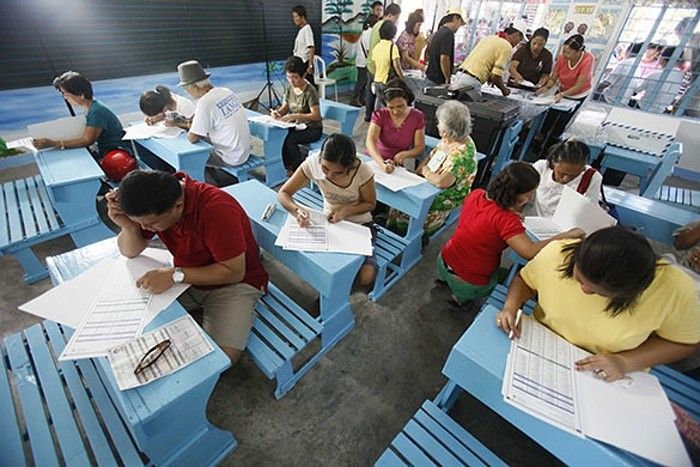A full week after polls closed in the US midterm elections of 2022, the counting had yet to wrap up in many counties and states. The drawn-out count had the nation on tenterhooks as it awaited results in battleground states that could dictate the makeup of Congress. For many Americans, the delay brought back fraught memories of 2020 when it took several excruciating days for the winning presidential candidate to be determined.
News consumption has changed drastically in recent years. With social media circulating information worldwide at lightening speeds we have become accustomed to immediate access to information. In this context, election authorities are asking Americans to wait an entire week while diligent poll workers process paper ballots – an impossible ask.
The speed of election results is a variable that needs to be evaluated urgently by election commissions. It’s no longer enough for election officers to facilitate voting and counting votes accurately. Together with voter participation, or the security and accuracy of results, speed is a key variable to preserve election integrity. In the absence of results, information voids will be filled with conspiracy theories of all kinds.
One of the main causes of the delay in the US is the large number of voters who choose to participate using the modality of voting by mail. According to data from the US census, in 2020, 43% of voters exercised their right by sending their ballot by mail. The rising popularity of vote by mail is clear evidence that voters appreciate convenience. Yet, this is a voting method that presents many challenges for those who administer the election. Each envelope received must be reviewed to validate the voter's signature, and then be passed through an optical scanner that registers the voter's vote. The use of drop boxes in some jurisdictions also holds up the process as it necessitates physical retrieval of ballots and segregation into correct precincts.
Although participation rates in the US soared in the last couple elections, for decades it trailed that of many other industrialized nations. According to a Pew Research Center study, election participation in the US ranked 31st among OECD countries. Facing participation declines, election authorities prioritized participation and promoted voting by mail. The increase of division and polarization that surround our elections, and the ubiquity of disinformation should make election officials reconsider their priorities.
The 2022 midterm elections have made it abundantly clear that authorities need to implement technology-based solutions to speed up vote counting and processing. It is time to give voters who want the convenience of casting their ballot remotely the option to vote online. Estonia, a Baltic nation with a long-standing tradition of fighting Russian hackers could be a good example to emulate. Since 2005, Estonians have had the option to securely cast a ballot online or to head to a polling station to cast a ballot with pen and paper. Online voting is now the preferred voting option.
Allowing voters to cast their ballot online would decrease the number of ballots election workers process manually. Results could be immediately published on election night. This small, yet important reform could go a long way fighting the disinformation that abounds in the critical hours of election night.





